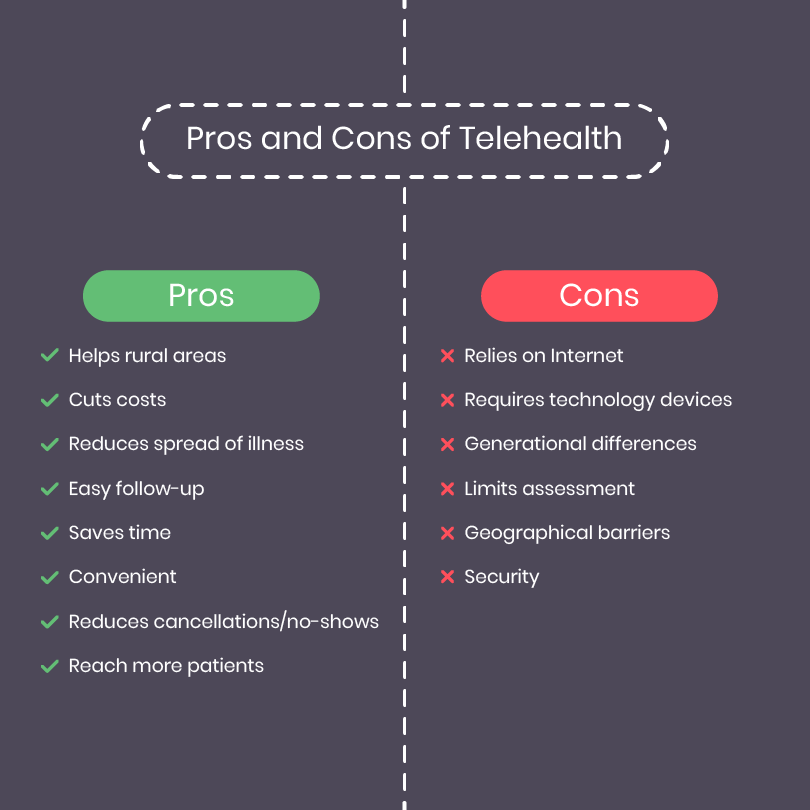"Pros and Cons of Social Media Marketing: Leveraging Digital Platforms for Business Growth" - An Overview

Pros and Cons of Investing in True Estate: Is it a Smart Financial Move?
Actual estate investment has long been taken into consideration a financially rewarding and preferred choice for individuals appearing to expand their riches. The appeal of possessing residential or commercial properties, producing static revenue, and potentially accomplishing significant funding appreciation has enticed each seasoned real estate investors and those brand new to the activity. Having said that, like any kind of assets tactic, committing in genuine estate happens along with its very own set of advantages and downsides. In this article, we will definitely look into the pros and disadvantages of putting in in real property to help you calculate if it is a clever economic relocation for you.
Pros:
1. Possible for high returns: One of the very most notable perks of investing in real property is the ability for high returns on your assets. Unlike supplies or connects that might provide reasonable increases over time, true property has actually the potential to give considerable profits via rental profit or residential or commercial property recognition.
2. Variation: Actual estate may deliver variation within an expenditure collection. By adding Additional Info to your profile, you are dispersing your threat all over various property lessons, lowering the effect if one specific investment performs badly.
3. Cash circulation: Rental properties can produce beneficial cash money circulation through delivering a steady flow of rental earnings each month. This static earnings can easily be utilized to cover mortgage repayments, residential property taxes, maintenance price, or also as added revenue for capitalists.
4. Rising cost of living bush: Actual property expenditures have historically executed properly in the course of periods of rising cost of living since rental costs and home values have a tendency to increase along with inflationary pressures.
5. Income tax perks: Actual estate financial investments offer several income tax perks that may help entrepreneurs lower their overall tax responsibility. Instances include deducting home loan passion settlements, loss of value expenditures, repairs and upkeep expense, as well as taking perk of 1031 substitutions for delaying funding gains taxes.
Cons:
1. Higher upfront expense: Committing in real estate usually calls for a considerable amount of upfront resources. Down remittances on homes may range coming from 20% to 30% or even more, making it unattainable for some people along with restricted economic resources.
2. Illiquidity: Unlike stocks or bonds, true real estate is a pretty illiquid investment. Selling a home may take opportunity, and the procedure may be sophisticated and expensive. Therefore, it may not be ideal for real estate investors who demand quick accessibility to their funds.

3. Market volatility: True estate markets may experience time frames of dryness, identical to various other financial investment markets. Economic recessions or changes in local area market ailments may lead to minimized residential property values and rental income.
4. Property management duties: Owning rental homes comes with its very own collection of accountabilities, such as finding lessees, gathering rent settlements, dealing with repair services and routine maintenance concerns, dealing along with evictions, and abiding along with regional policies. These tasks require opportunity and initiative or might necessitate working with a residential property control firm that incorporates extra costs.
5. Danger of poor renters: While rental earnings supplies money circulation advantages, there is likewise the threat of working with negative tenants who wreck the property or fail to spend rental payment on time. Such scenarios can result in monetary loss and lawful complications.
Conclusion:
Putting in in real property delivers several perks such as possible higher gains, diversification perks within an financial investment profile, positive cash flow with rental income, rising cost of living hedging homes, and various tax obligation benefits. Nonetheless, it also comes with drawbacks featuring higher upfront costs, illiquidity contrasted to various other financial investments like sells or connections, market volatility threats that could possibly affect residential property market values and rental income streams negatively; home monitoring obligations that demand time and attempt; as properly as the danger of poor residents inducing financial loss.
Essentially whether putting in in true real estate is a smart financial technique relies on your personal instances and targets. It is recommended to extensively investigate the local market conditions before producing any sort of expenditure choices and consider speaking to along with professionals such as real real estate agents or monetary experts who focus in true real estate investments to ensure you help make informed choices regarding your investments.
